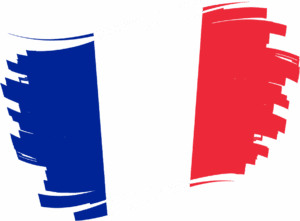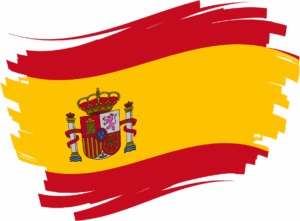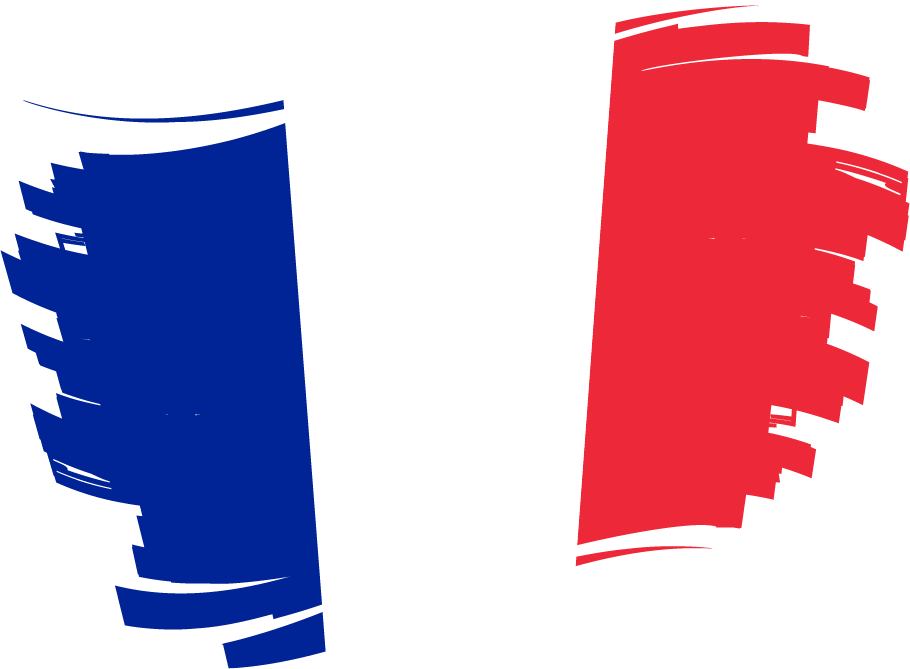![]()
FILIPECH
![]()
The FILIPECH project has taken two main actions: the establishment of the producer responsability organisation dedicated to the management of end-of-life fishing gear, and the carrying out of new experiments in four ports to test and improve the collection and recovery of used HDPE trawls.
The team worked with port managers. Fishermen were informed of the collection and dismantling
instructions using explanatory posters. The trawl netting was collected in big-bags, which were stored in the ports until there was sufficient volume for transport.
The dismantling of the trawl nets, carried out by an entreprise devoted to social inclusion, was an
essential stage before transporting the trawl netting by semi-trailer to Plastix Global in Denmark, or for a recycling test at Purple Alternative Surface in France.
Type of waste: Trawl nets
Quantity of waste: ≈ 9T of trawl nets collected in 1 year
Infos

Results
After shredding, the material is transformed into HDPE granules, which are then used in the
manufacture of new plastic objects. A test was carried out to manufacture parts of pots in 100%
recycled HDPE, but the tubes obtained were crumbly and fragile. Research and development is therefore essential for experimenting with combinations of recycled and virgin HDPE. In France, a test was also carried out with the firm PURPLE to incorporate shredded trawlnets into car park slabs, but the test was unsuccessful due to technical problems during the shredding process. The main obstacles are linked to the diversity of materials making up the trawls, which means that significant dismantling time is required to separate the plastics to be recycled. Another technical challenge lies in shredding the nets. In France today, there is no solution for recycling trawlnets, mainly because the majority of industrial shredders are not suitable for processing nets structures made of a highly resistant material.
Initiatives to discover

Gravity Wave

IFF Plastics

Oyster Bag Waste Management

Repêchons les Océans

Repescaplas

SAO Textile


